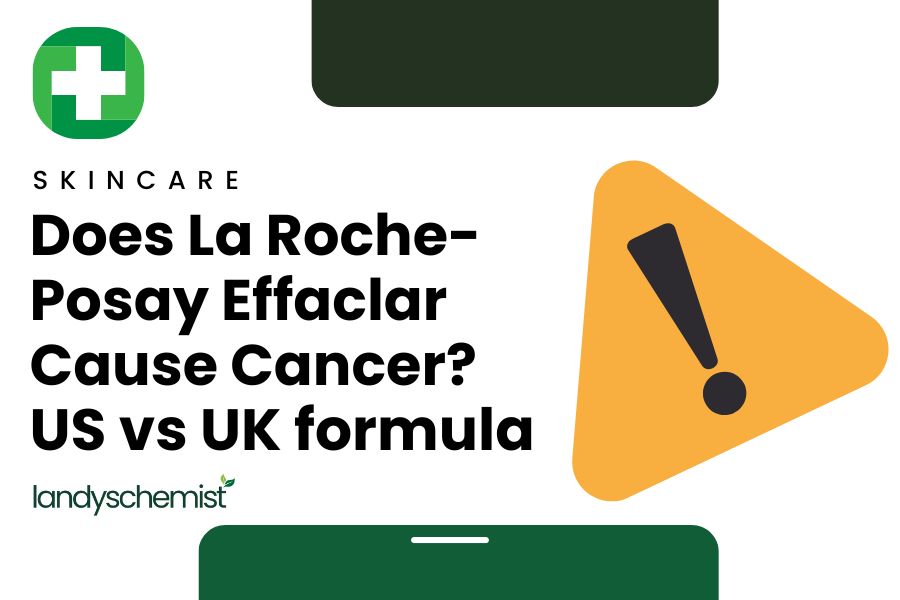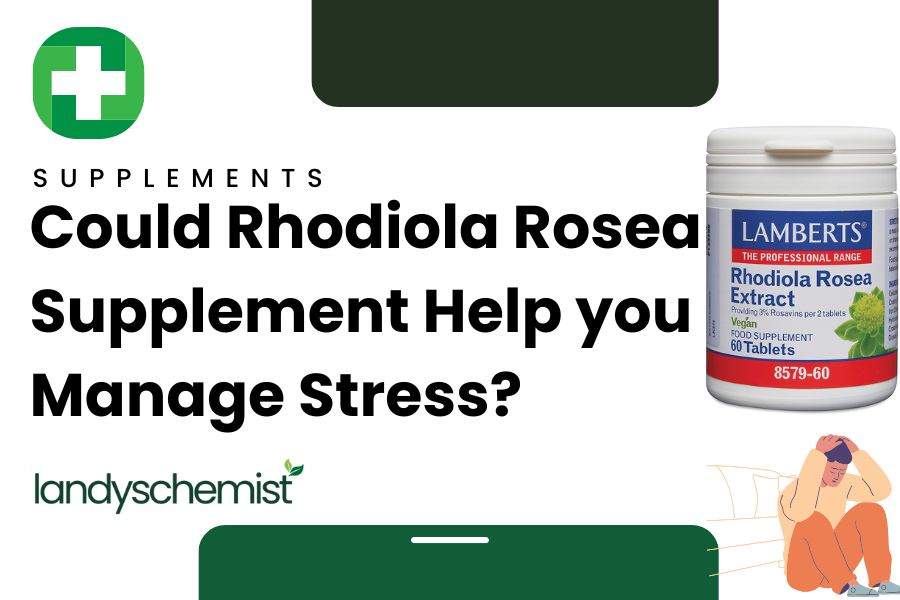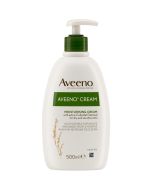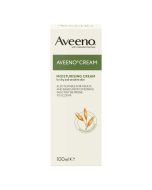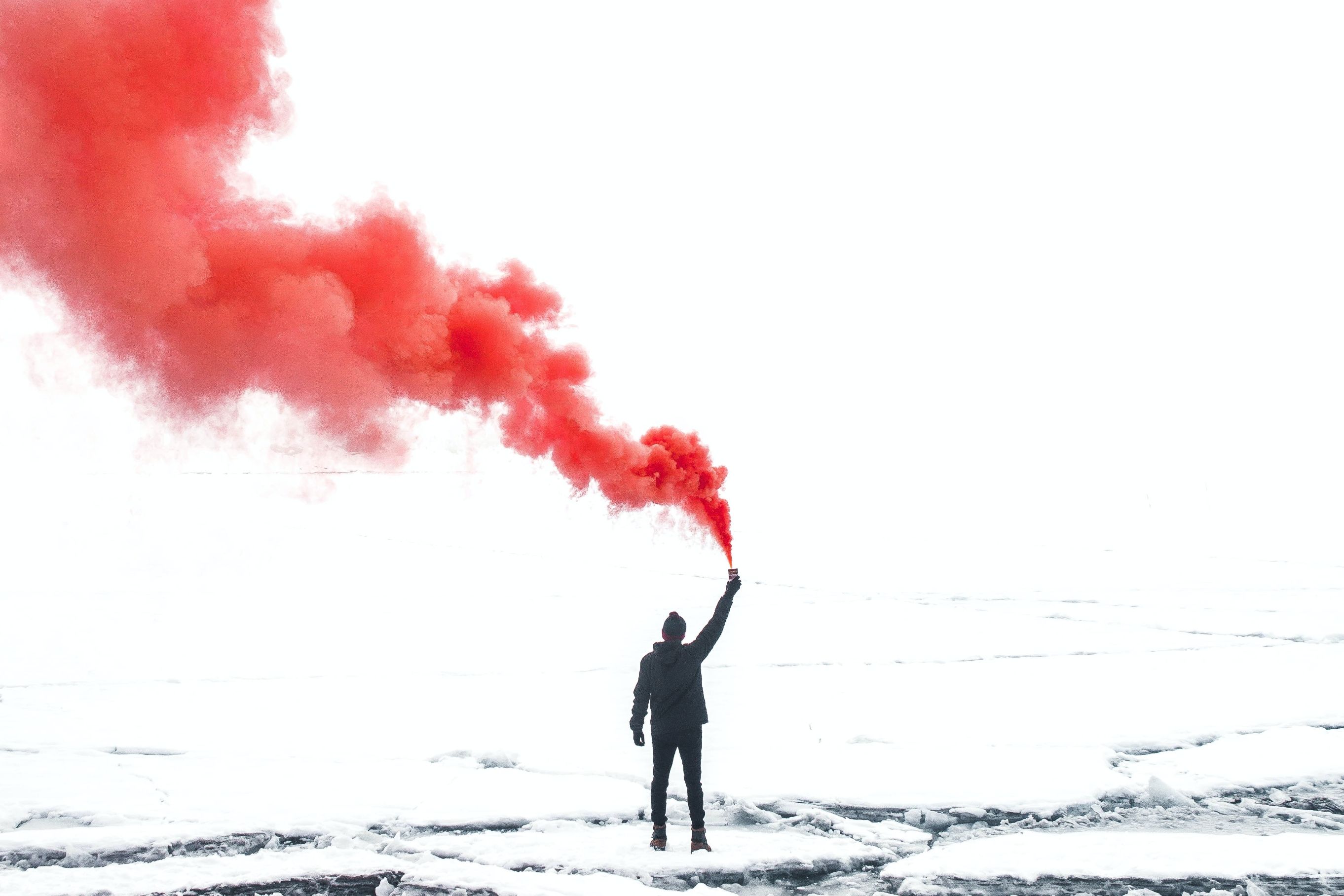
How To Treat Eczema Flare-Ups
By Neesha Desai, Pharmacist
Eczema affects millions of people worldwide, causing irritation, skin issues and sometimes more serious conditions due to its symptoms. Thankfully, alongside eczema creams and lotions, there are a number of medical treatments for the more serious types of eczema and easy ways for those with less severe eczema to treat and avoid flare-ups.
With help from expert skincare brand, La Roche-Posay, we've collected the best advice for dealing with eczema.
Types Of Eczema
Firstly, it is important to say that eczema is the name for a group of skin conditions that are caused by dry, irritated skin. There are multiple types of eczema, which range in severity:
- Atopic eczema (atopic dermatitis)– the most common type of eczema
- Discoid eczema – a more serious type of eczema that shows up as round patches on skin
- Contact dermatitis – this type is caused by contact with certain substances, such as allergens or certain soaps and detergents
- Varicose eczema – is most common in those with varicose veins, affecting their lower legs
- Seborrhoeic eczema – manifests as red and scaly patches on skin, particularly around the nose, ears and on scalp
- Dyshidrotic eczema – this type causes small blisters across the palms of your hands
Eczema is typically a chronic (long-term) condition. In some cases it will improve significantly with age, affecting children more than adults, but this is only the trend not the rule.
Common Symptoms Of Eczema
Certain symptoms will be prevalent based on the type of eczema, but common symptoms of eczema in general include:
- itchy skin
- patches of dry skin, which can become cracked and sore
- inflamed skin across the body – inflamed skin can become red on lighter skin, and darker brown, purple or grey on darker skin. This can also be more difficult to see on darker skin.
- pus-filled blisters on skin, which can rupture – sometimes called weeping eczema. Weeping eczema is a skin problem that is more commonly found in babies and young children; however, adults can also suffer from it.
Treatment For Eczema Flare-Ups
For those who are dealing with eczema and its symptoms on a regular basis, it's valuable to have a set of techniques and treatment options to help ease and avoid flare-ups. For some types of eczema, medication will be recommended, so you should speak to a medical professional if you are experiencing any prolonged skin issues.
Hydrate Your Skin With A Topical Cream
Skin creams applied onto the skin (topically) can be beneficial and offer relief from skin tightness and itchiness caused by eczema. By rehydrating the skin, creams will calm the irritation and allow the skin to heal.
La Roche-Posay's Lipikar Baume AP+ is a cream that comes highly recommended. It is dermatologically created to suit dry and sensitive skin and is non-greasy and non-sticky, so it can be applied easily and comfortably.
Wash With Warm Water
Hot showers and baths can feel great, especially in colder months, but hot water can aggravate eczema and cause more discomfort and pain for sufferers. If you are dealing with eczema then you should aim for tepid, lukewarm water when washing. You should also avoid spending too long in the bath or shower and only use body washes suited to sensitive skin.
Avoid Synthetic Fabrics
Naturally, if you are dealing with a skin condition that causes itchiness and dry patches, you'll want to avoid rough textured materials. Certain fabrics can also increase irritation and these tend to be synthetic fibres like polyester and nylon, or rough materials such as wool or linen.
Instead aim for breathable natural fibres like cotton or silk and loose fitting clothes that allow your skin to breathe. This will keep skin calm and help you stay as comfortable as possible.
Resist Scratching
You'll likely be tempted to scratch your itchy or dry skin, but this will only cause inflammation and worsen your eczema. It's tough but the best solution is to avoid scratching as much as possible. If you really struggle not to scratch, wear soft gloves (not exfoliating ones) or squeeze the itchy area with your palm. It's not perfect but it can offer light relief without worsening your skin issues.
Seeking Help For Advanced Eczema
If you become concerned that your eczema is worsening or you are having trouble coping with the symptoms then you should book an appointment with your GP or a dermatologist. A professional diagnosis will put you on the path to a solution or at least better management of your skin condition. While there are no simple solutions, there is medication that can help.
Disclaimer
The products offered are not intended to diagnose, treat, cure, or prevent any illness or disease, or to replace the advice of a medical professional. Results are not guaranteed and may vary from individual to individual.

